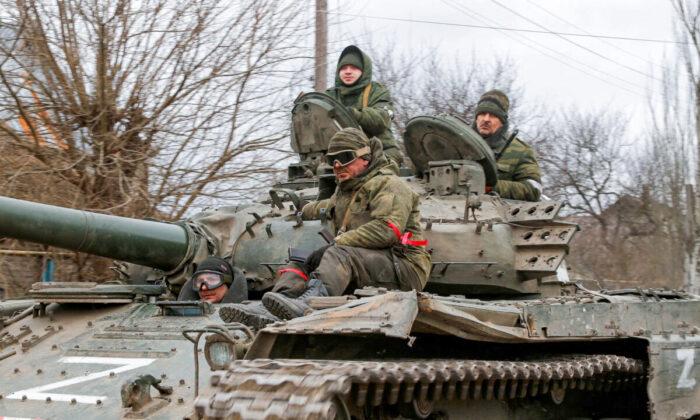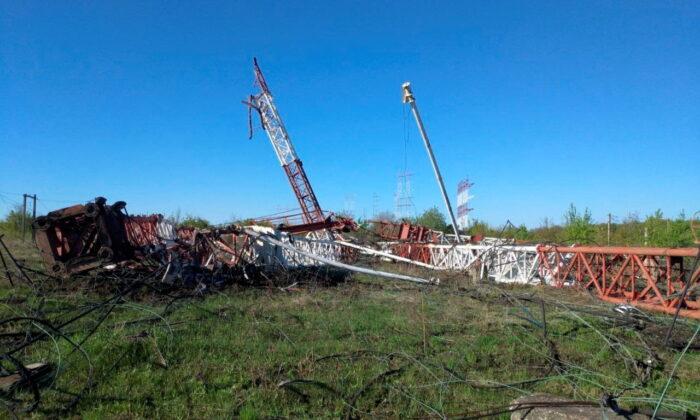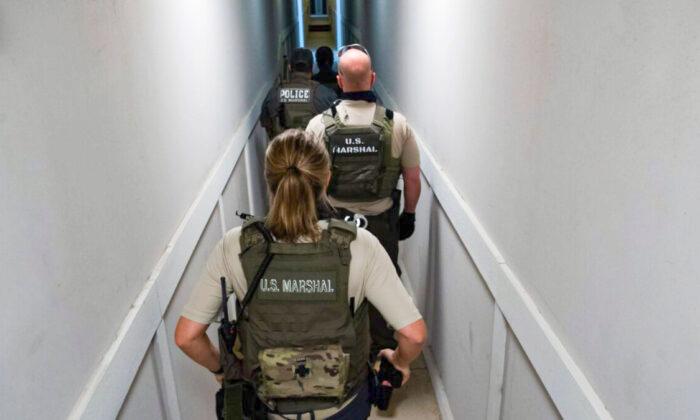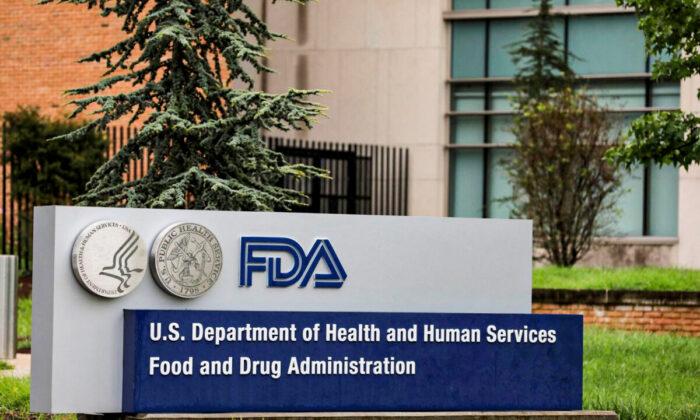The deadly Ebola epidemic in the Democratic Republic of Congo (DRC) has now exceeded 1,000 cases and claimed the lives of more than 600, the country’s health ministry confirmed on Monday, March 25.
But the situation has been made worse with attacks on treatment centers by militant Islamists in the region who have been entrenched in Eastern Congo’s 25-year-long civil war.
“The total is now 1,009 new cases,” Congolese health officials said in a statement. “But the response, led by the Health Ministry in collaboration with its partners, has limited the geographical spread.”
It is the second worst outbreak in history, surpassed only by the 2014 Ebola outbreak in West Africa which killed more than 11,000 people, according to the U.N.’s World Health Organization (WHO).
“We use words like ‘cases’ and ’containment' to be scientific but behind every number is a person, a family and a community that is suffering,” Dr. Tedros Adhanom Ghebreyesus, WHO director-general said in a statement on Saturday. “This outbreak has gone on far too long.”
Ebola is a deadly and contagious virus that spreads to people from wild animals and is transmitted among people through direct contact, such as through bodily fluids or broken skin. Over half of Ebola cases are fatal. The disease causes fever along with diarrhoea, severe vomiting, bleeding, and rashes.
But advancements in the treatment of the Ebola virus, such as a trial vaccine, experimental treatments, and mobile units for treating patients have meant that health workers have been better prepared for the latest outbreak.
The virus has been prevented from spreading into neighboring countries and there have been no reported Ebola cases outside of the DRC’s provinces Ituri and North Kivu, the U.N. health body confirmed on March 23.
Only 10 percent of those eligible for the vaccination have refused treatment, the WHO said, and more than 80 percent of those who become fatally infected accept arrangements to be made for safe and dignified burials—a key to preventing the spread of the disease that remains contagious for several days after death.
The WHO cited “increased security challenges, including the recent direct attacks on treatment centers, and pockets of community mistrust” as causes for the recent reported weekly rate of confirmed Ebola cases, following several weeks of decline.
According to WHO, of the 51 reported Ebola cases among health workers working in the region, 17 have died.
An attack on a treatment center earlier this month saw a local police officer killed, according to CNN.
“As we mourn the lives lost, we must also recognize that thousands of people have been protected from this terrifying disease,” Dr. Matshidiso Moeti, WHO regional director for Africa, said in a statement.
“We are working in exceptionally challenging circumstances but thanks to support from donors and the efforts of the Ministry of Health, WHO and partners, we have saved thousands of lives.”
Ebola is endemic to the DRC. The first outbreak of the virus occured in 1976.





